BLOG / BLOG POST
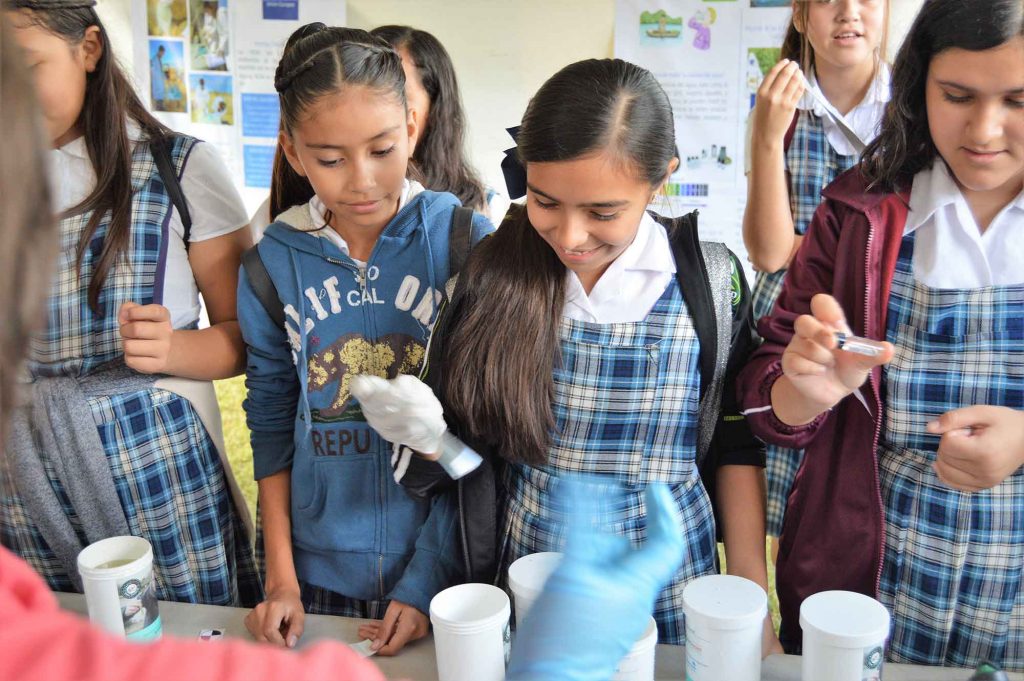
Environmental Justice Cannot Be An Uncertainty
By Philippe Cousteau and Sadie Blancaflor
Social justice and environmental conservation are inextricably linked, and today’s youth are connecting the dots between both. EarthEcho’s Philippe Cousteau and Sadie Blancaflor write a guest blog post on the inspiring work of young leaders in the environmental movement.
By Philippe Cousteau,
Co-Found EarthEcho and Green 2.0 Board Member
Working on conservation for my entire life I have always been inspired by the optimism, passion, and determination of young people to fight for a better world. At EarthEcho we have always worked to help empower the next generation with the tools and knowledge to make meaningful change. And while we face daunting challenges in the world, I am encouraged every day by the sophistication of this new generation. They recognize that for far too long, the environmental movement has spent too much time and too many resources preaching to the converted. And in so doing, it is has neglecting the very people—often in lower income, underserved communities, and communities of color—who are on the front lines of humanity’s assault on the environment and who suffer disproportionately.
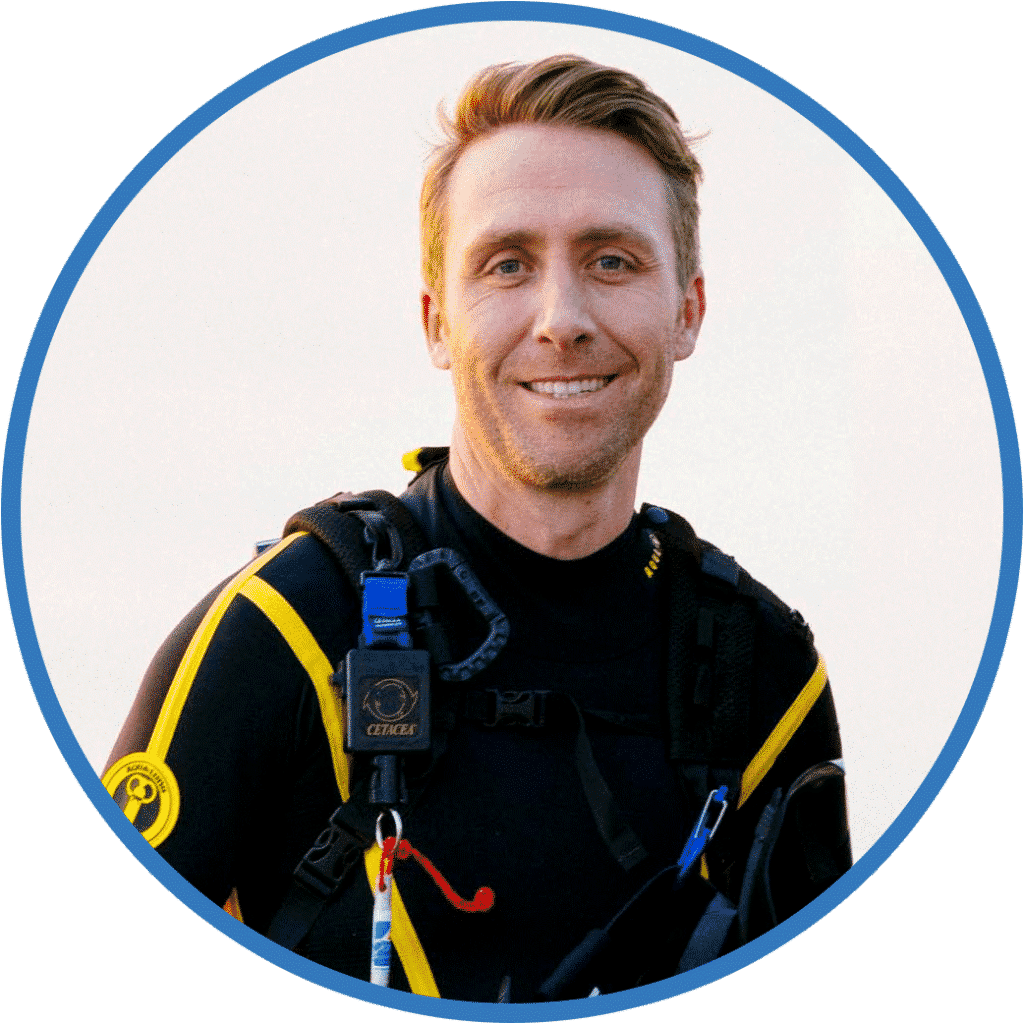
Today, youth are connecting the dots between social justice and environmental conservation in a way that is unprecedented and incredibly inspiring. Environmental justice is a critical issue that is finally getting the attention it deserves and young people are innovating new solutions and new approaches, as you will see in just a moment. But don’t take it from me. As part of our work, EarthEcho strives to give young leaders a platform to enhance their voice and highlight their impact. One such extraordinary youth leader is Sadie Blancaflor, who has kindly agreed to share her perspective on environmental justice and her focus on innovating new solutions.
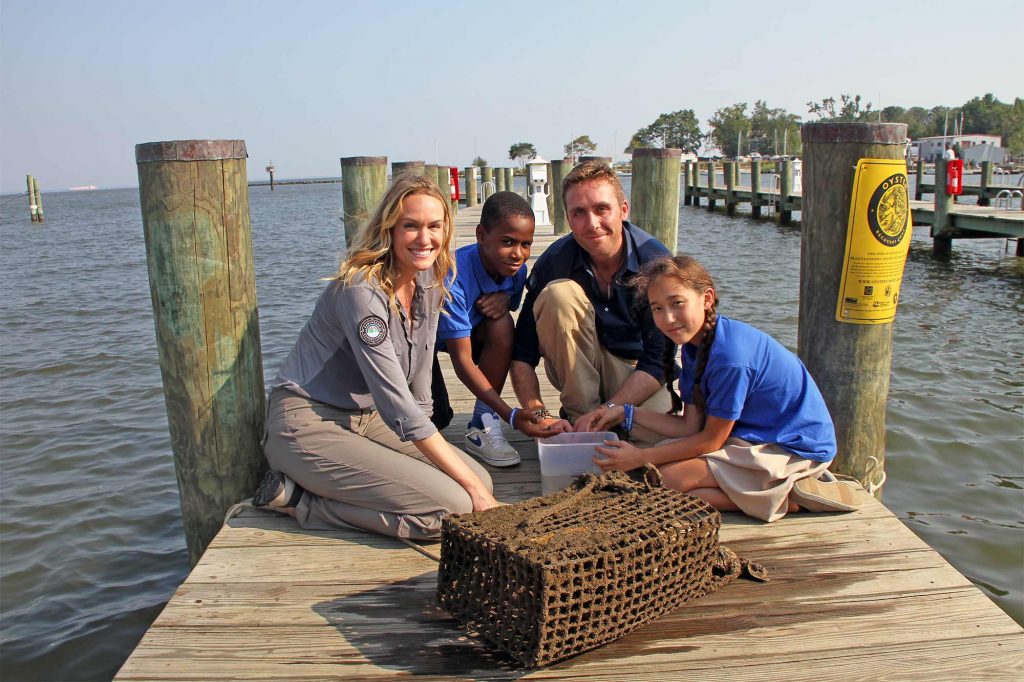
Ashlan Cousteau and Philippe Cousteau 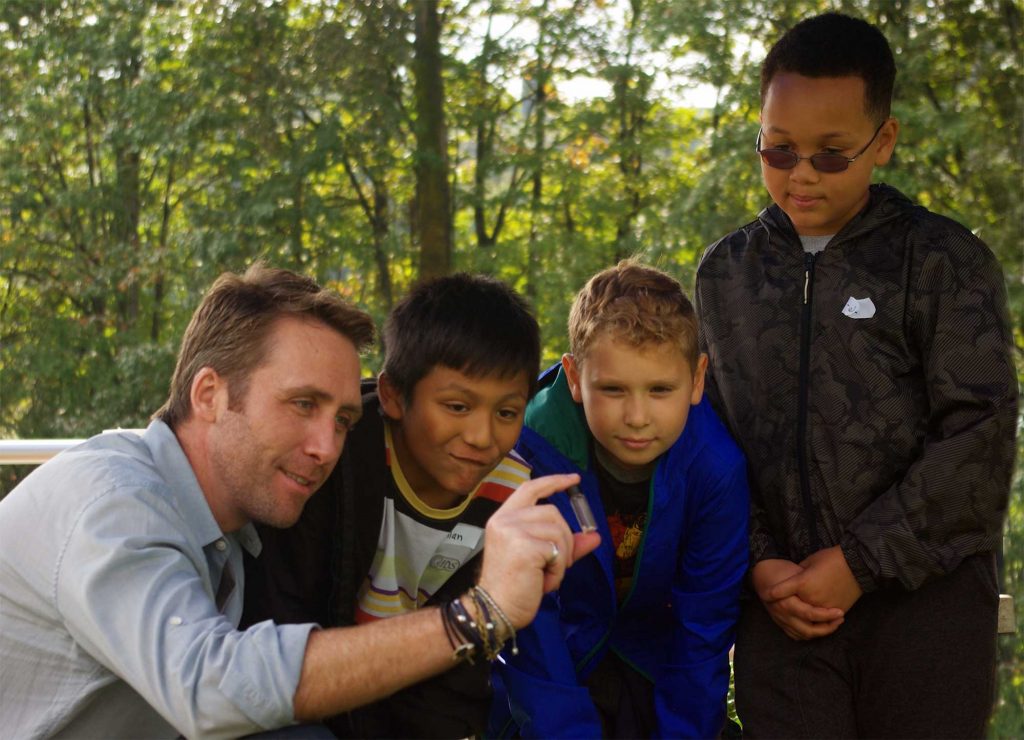
Philippe Cousteau

By Sadie Blancaflor,
EarthEcho Youth Leadership Council Member
What strikes me most about climate change is not the rising temperatures, the melting ice caps, or the acrid smoke from wildfires outside my campus dorm room. It is the feeling of uncertainty — and with climate change, there is so much fear and danger in not knowing what the future holds. This sense is one that I am painfully aware of, as a low-income student whose single parent on a minimum wage salary often did not know how she would pay the bills. And uncertainty as a result of environmental factors is a feeling that has resonated with me throughout the many places I have called home—inner-city Baltimore, then California for college, and Alaska, where my family now lives.
On the East Coast, threats of hurricanes or record-breaking heat waves would send people into a panic, questioning whether they would still have running water through the disaster or how they would stay cool without air conditioning. Lacking resources, people have died in the face of these extreme weather events. In California and along the West Coast, wildfire season hits every year, deadlier than before. This past wildfire season alone, the fires surged across California, Oregon, and Washington and left whole swaths of displaced peoples in search of homes. My family now lives in Valdez, Alaska, which continues to suffer the devastating impacts of the 1989 Exxon-Mobil oil spill as well as facing rising temperatures at two times the rate of the rest of the world. Overturning rocks, the oil is still visible, and fishermen continue to suffer the impacts of the deadly accident on their livelihood.
According to the State of Massachusetts, “environmental justice is the equal protection and meaningful involvement of all people with respect to the development, implementation, and enforcement of environmental laws, regulations, and policies and the equitable distribution of environmental benefits.” And it is clear that people, particularly people of color who are low-income, (dis)abled, live by incinerators, and the like currently and continue to face the disproportionate impacts of climate change and other environmental atrocities. This has enormous impacts on people’s lives, from a child suffering from debilitating asthma attacks as a result of the nearby coal plant, to a family’s fears over being able to drink the tap water for fear of lead contamination. Environmental issues create so much uncertainty in people’s lives, and for that reason, advancing environmental justice cannot be an uncertainty in of our movement spaces.
But what does advancing environmental justice look like in practice? Recently I have become involved in the movement to recognize that where people and institutions invest their money has huge potential to impact this issue in a positive way. Directing investments into local and climate-impacted communities can have massive impacts on the resilience of those areas—the practice of reinvestment. I spent the summer after my freshman year of college leading a team of eight people around reinvestment, interviewing a diverse array of stakeholders about where they need greater clarity and support in incorporating reinvestment into their divestment campaigns, and ultimately crafting the first draft of a national reinvestment toolkit for college climate activists.
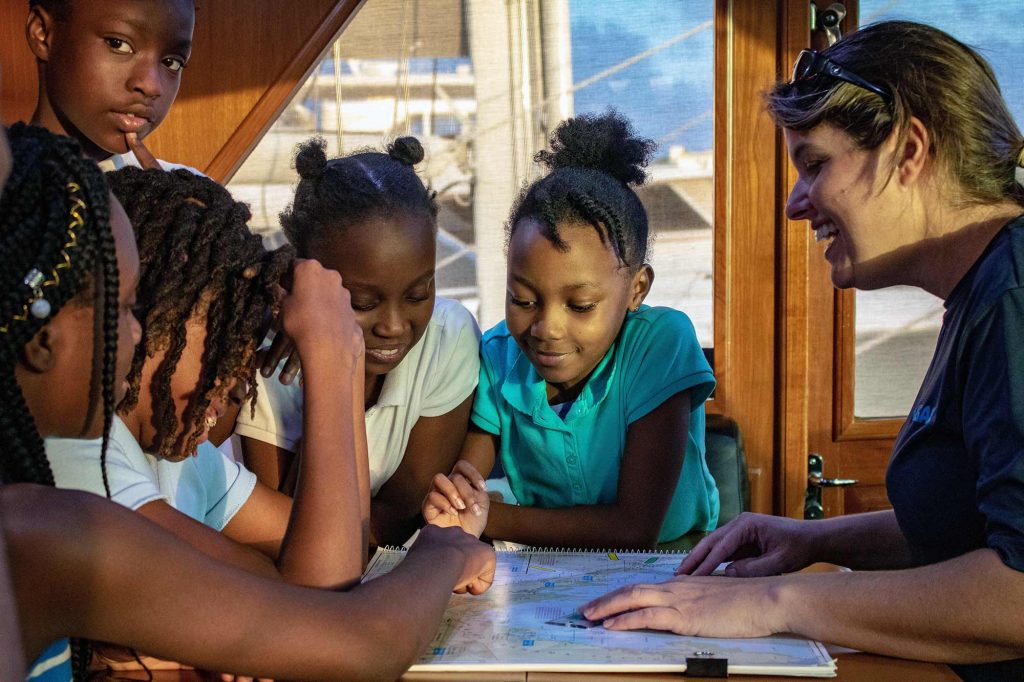
Since then, I have continued to lead around reinvestment as the College Climate Coalition National Reinvestment Director, building upon and launching a comprehensive resource guide on reinvestment to thousands of stakeholders. To get more community buy-in, I also launched a 5-week national reinvestment discussion series with selected speakers and workshop facilitators to further my impact, and we are now gearing up for the relaunch of monthly national reinvestment calls. While corporate accountability is important, communities are feeling the impacts of climate change now. We need immediate resources for marginalized communities to create a better world than this.
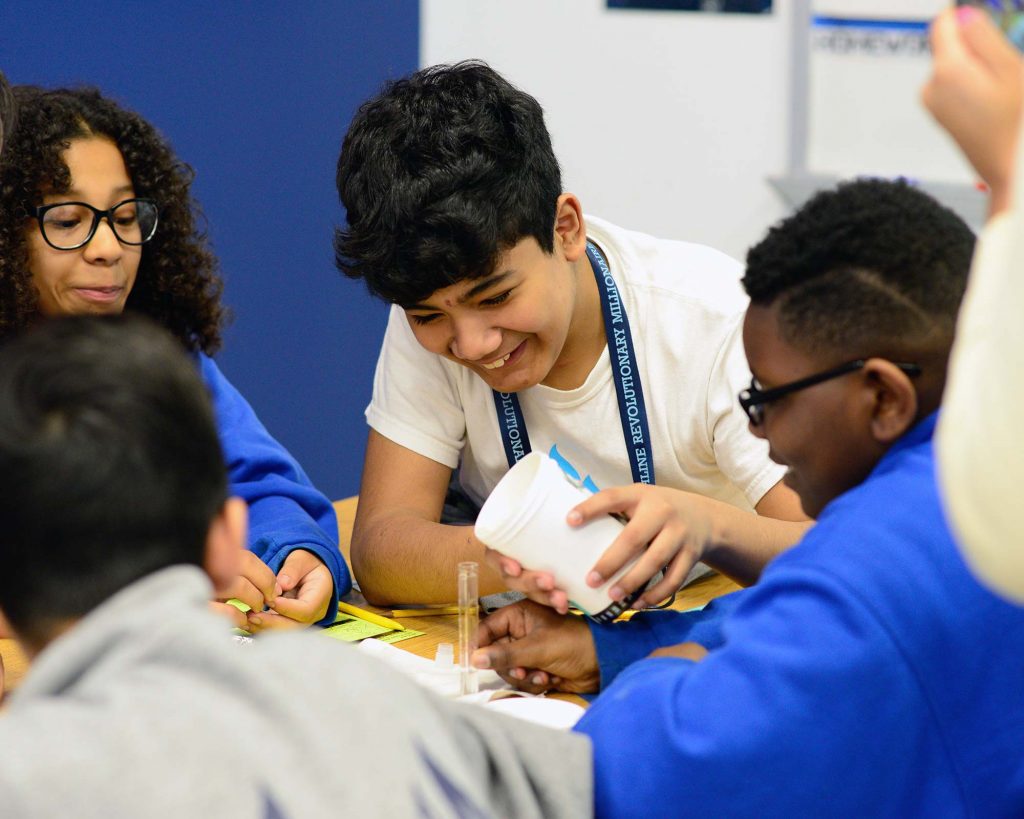
EarthEcho STEMExplore and Water Challenge 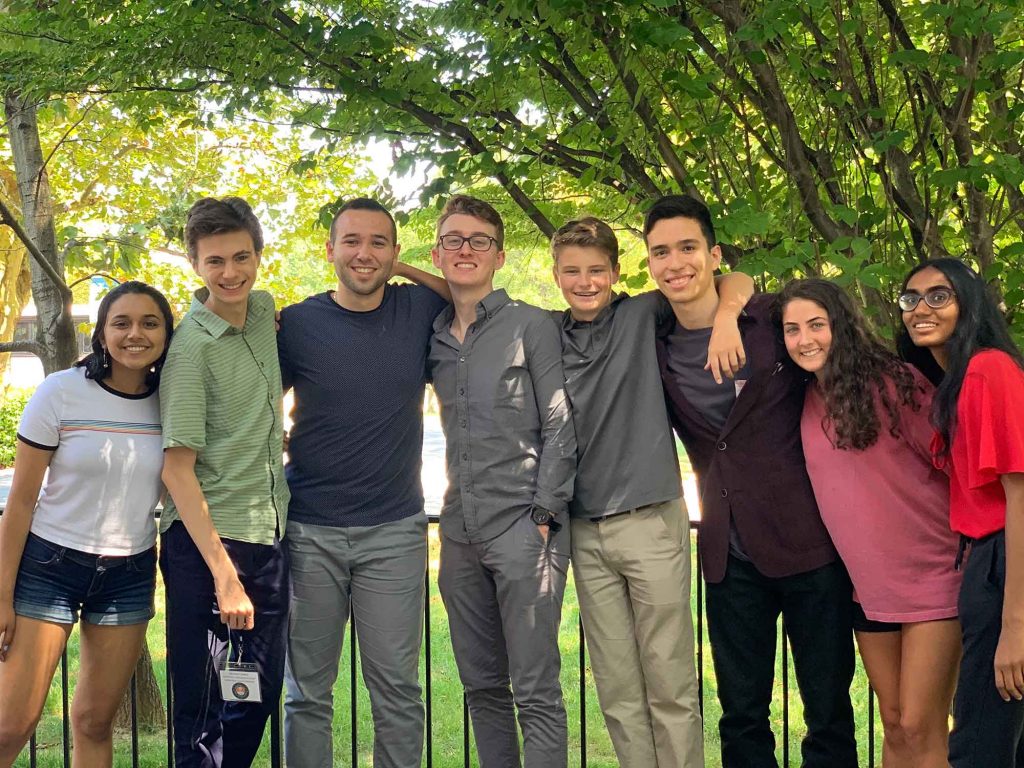
EarthEcho Youth Leadership Council Members
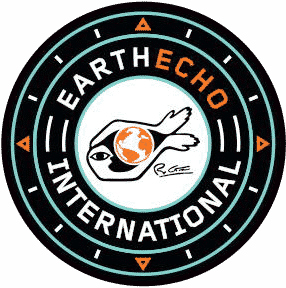
To learn more about EarthEcho, visit earthecho.org and follow @EarthEcho on Facebook, Twitter, Instagram, and YouTube.
To learn more about Philippe Cousteau, follow Philippe on Twitter @pcousteau. Philippe’s latest book Oceans For Dummies is out now.
